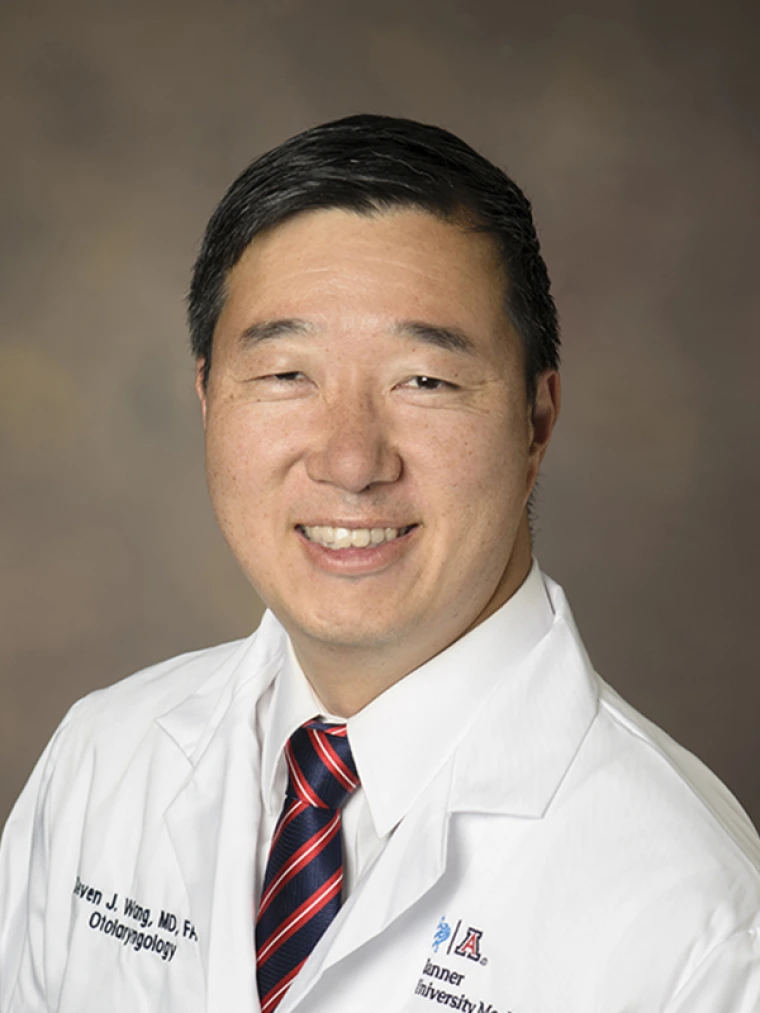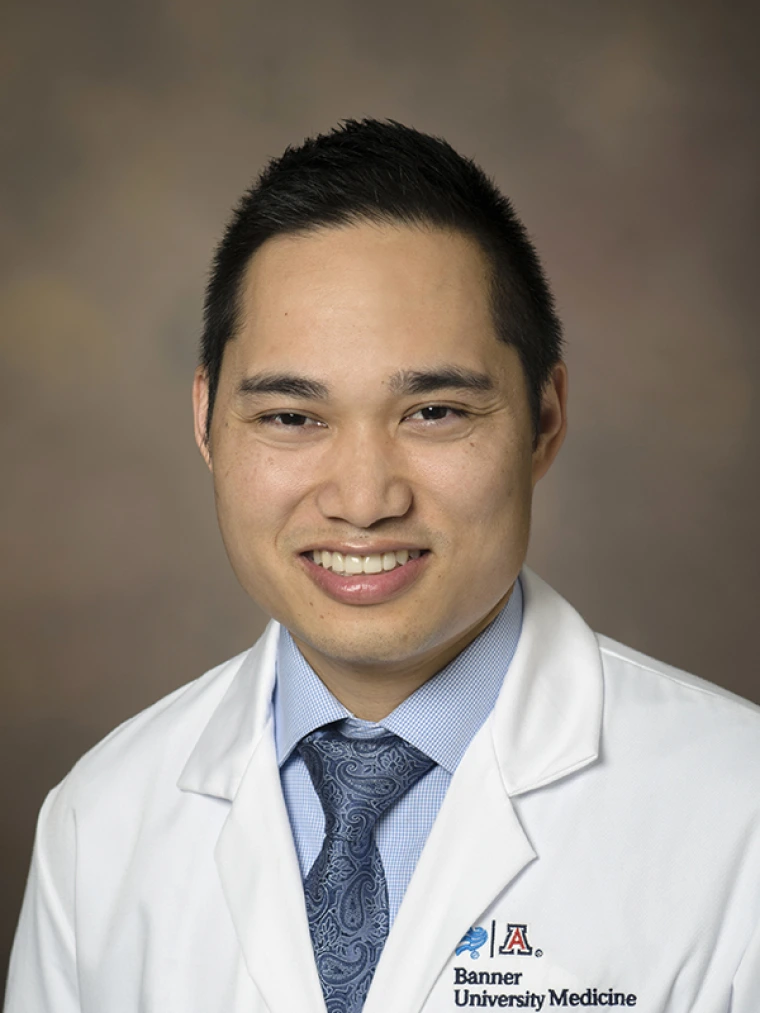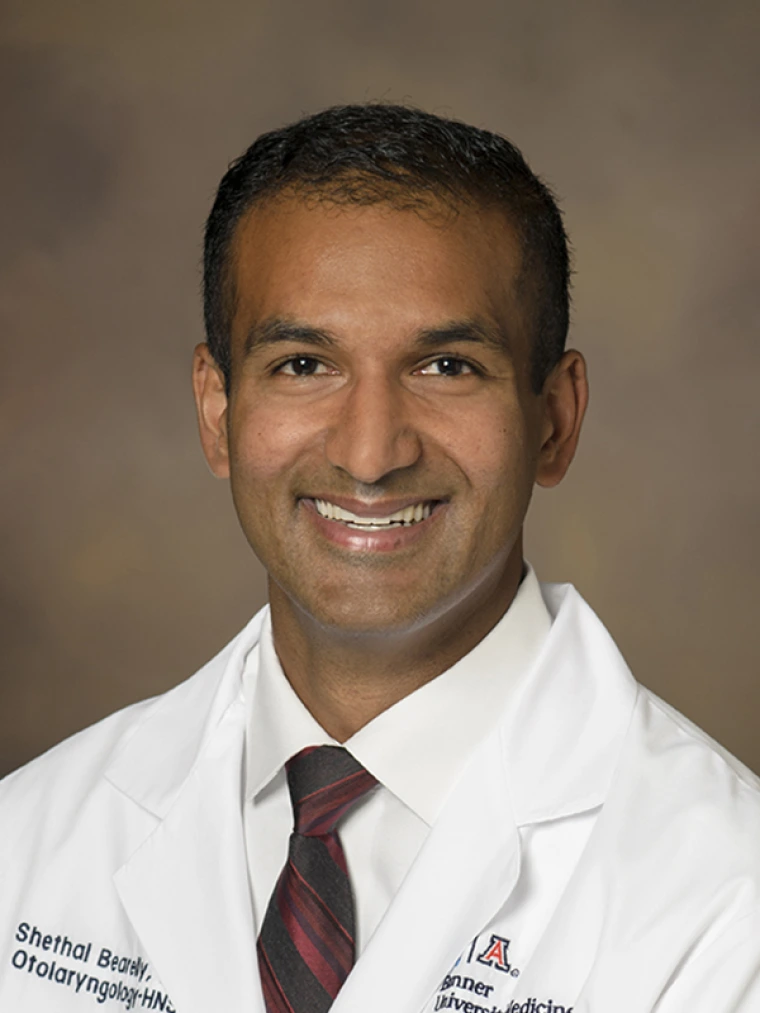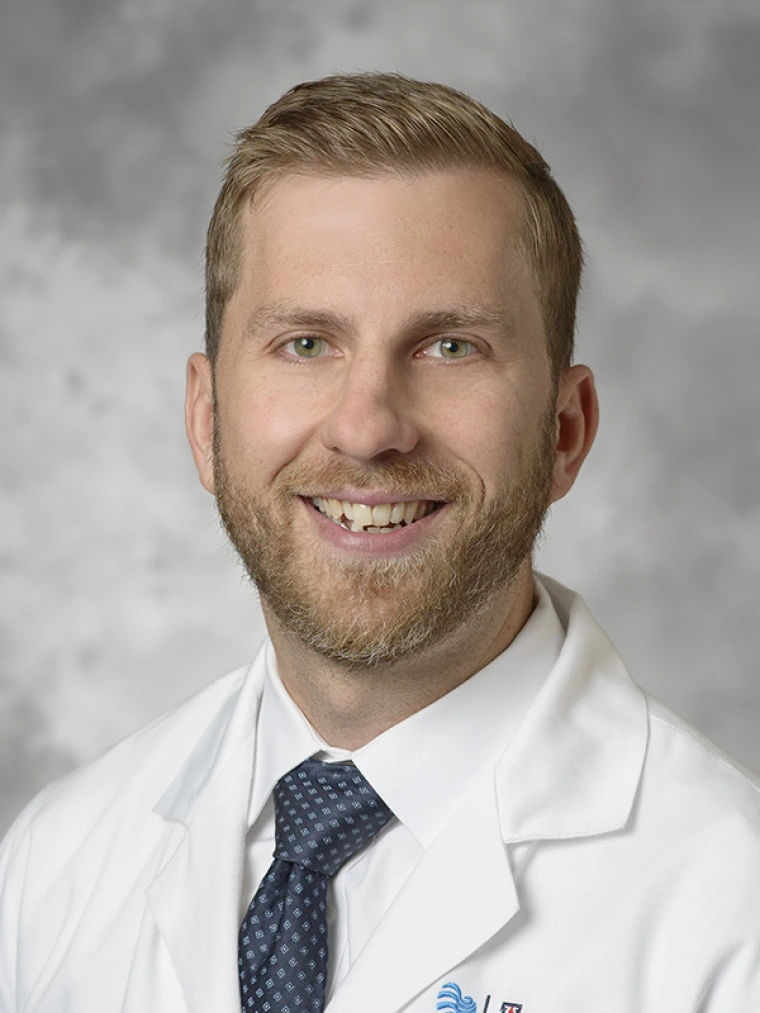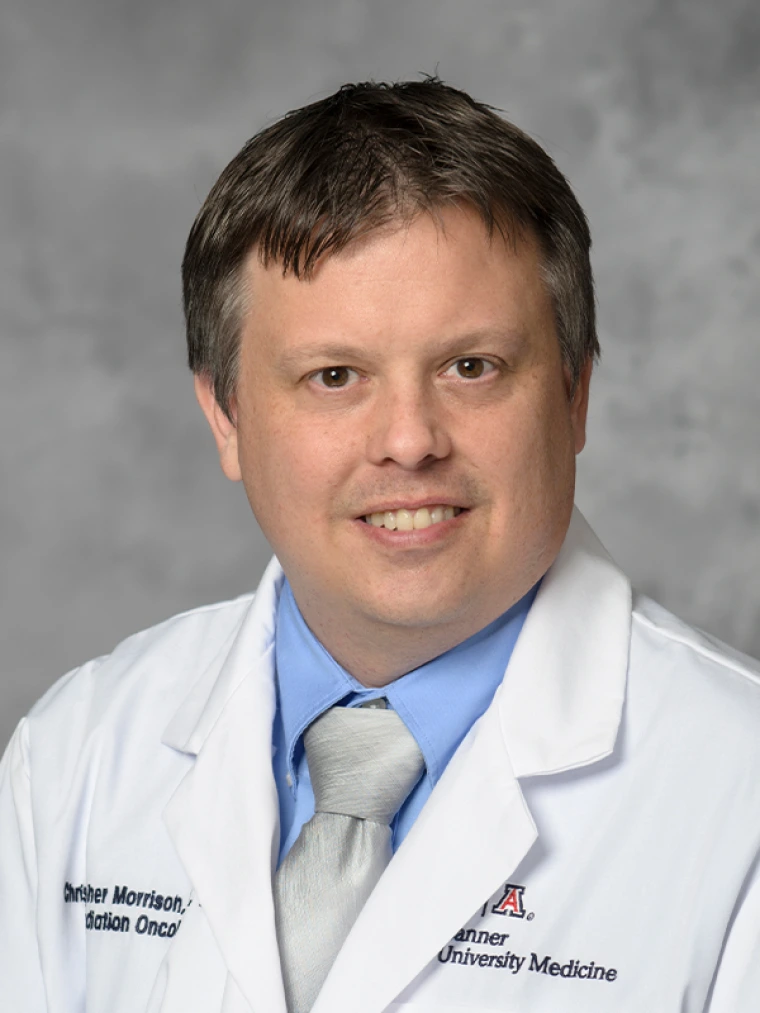The Head and Neck Clinical Research Team focuses on cancers that arise from the mucosal surfaces of the mouth, nose, and throat (also known as head and neck squamous cell carcinoma), as well as tumors arising from the salivary glands, thyroid, and paranasal sinuses. There are an estimated 55,000 new cases of head and neck cancer in the United States this year, including more than 1,200 new head and neck cancer patients in Arizona.
The University of Arizona Cancer Center is recognized as the only National Cancer Institute-Designated Comprehensive Cancer Center in the state of Arizona. There are only 51 NCI Comprehensive Cancer Centers, a prestigious designation that denotes the depth and breadth of cancer research that these academic institutions have achieved. Additionally, the UArizona Cancer Center has been awarded for its work in cancer prevention. This is particularly paramount in head and neck cancer treatment as patients with these cancers have been shown to survive longer when treated at high volume academic centers (see references).
Treatment for these cancers requires a team approach. At the UArizona Cancer Center, a multidisciplinary team of head and neck surgeons, radiation oncologists, medical oncologists, radiologists, pathologists, and other health professionals meet for a weekly Head and Neck Tumor Board to develop a personalized treatment plan for all new head and neck cancer patients.
The head and neck cancer program at the UArizona Cancer Center was established in 2012 and has quickly become a center of excellence for patients throughout the state of Arizona and the Southwestern United States. The Tucson campus is the only center in Southern Arizona to provide comprehensive services for all aspects of the treatment of head and neck cancer, including surgical services in microvascular free flap reconstruction, trans-oral robotic surgery (TORS), and minimally invasive trans-nasal endoscopic anterior skull base surgery. Our radiology and radiation therapy doctors provide access to state-of-the art diagnostic imaging and therapeutic treatment technologies for the many types of complex head and neck cancers. Our medical oncologists offer the latest cutting-edge systemic anti-cancer agents and lead innovative clinical trials which, in many cases, are not available elsewhere.
Our head and neck cancer clinical research team is committed to the advancement of treatments for head and neck cancer. We have a robust portfolio of clinical trials in head and neck malignancies with 18 currently enrolling clinical trials. These trials include multidisciplinary treatment options for patients who can undergo surgery or radiation as well as trials for patients with advanced disease who need access to novel therapies that they would not be able to get as part of the “standard of care.” We offer biomarker-driven trials that are based on a patient’s specific tumor profile, while also having trials focused on immunotherapy and combination therapies. Our strategy as a team is to ensure that we have a trial for every head and neck cancer patient and that these trials are selected based on that individual’s needs.
Head and neck cancer may affect many of the essential functions by which we interact with the outside world, including voice, swallowing, taste, smell, vision, and hearing. We have nurse navigators to guide patients through the often complex series of tests, procedures, and cancer treatments, and our team can provide supportive care with speech and swallow therapists, nutritionists, and physical therapists to give the best possible quality of life outcomes. Physicians and scientists at the UArizona Cancer Center conduct ground-breaking clinical research studies that have the potential to improve future treatment approaches and functional outcomes as well as enable better screening and prevention of head and neck cancers.





